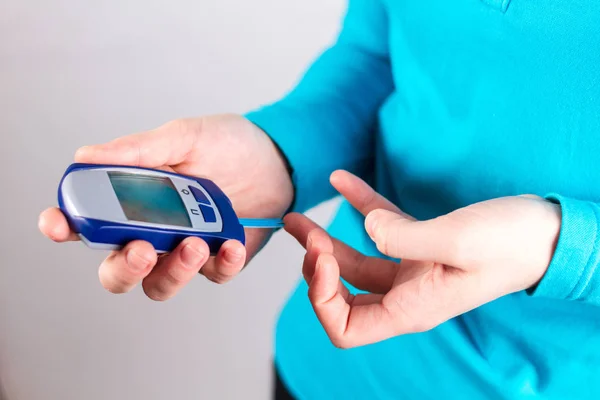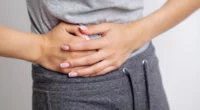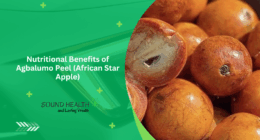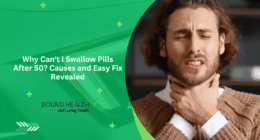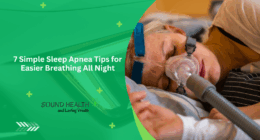Low blood sugar—often associated with diabetes—can still affect people who don’t have the condition. This phenomenon, medically known as non-diabetic hypoglycemia, is less talked about but can be just as disruptive. Understanding why your glucose levels may plummet without a diabetes diagnosis is crucial for managing symptoms and maintaining overall well-being.
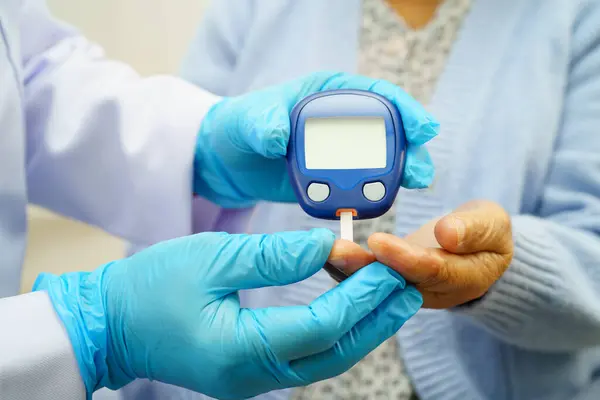
What Is Non-Diabetic Hypoglycemia?
Non-diabetic hypoglycemia refers to a sudden drop in blood glucose levels in individuals who do not have diabetes. While the body typically maintains glucose within a narrow, healthy range (around 70–99 mg/dL when fasting), certain conditions or habits can disrupt this balance.
There are two main types of non-diabetic hypoglycemia:
- Reactive hypoglycemia, which occurs within a few hours after eating.
- Fasting hypoglycemia, which happens after not eating for a prolonged period, such as overnight or during extreme calorie restriction.
Common symptoms include shakiness, sweating, confusion, blurred vision, fatigue, heart palpitations, and in extreme cases, fainting. According to the Endocrine Society, blood sugar readings below 70 mg/dL are typically considered hypoglycemic. But in someone without diabetes, such occurrences might be unexpected, leading to anxiety and confusion.
What Causes Low Blood Sugar in People Without Diabetes?
Although rare, there are several reasons a person without diabetes might experience a significant dip in their blood sugar. These triggers often involve metabolic imbalances or lifestyle choices that interfere with glucose production or utilization.
1. Skipping Meals or Prolonged Fasting
One of the most common causes of non-diabetic hypoglycemia is going too long without eating. Your body depends on a regular intake of nutrients to maintain stable glucose levels. When food is scarce, the liver may not release enough stored glycogen to keep your sugar in balance.
For example, a person on an intermittent fasting plan or strict weight loss regimen might experience symptoms of low blood sugar—such as dizziness or trembling—before the next meal. This isn’t due to diabetes but rather inadequate fuel reaching the bloodstream in time.
2. Excessive Alcohol Consumption Without Food
Alcohol disrupts the liver’s ability to release glucose, especially when consumed on an empty stomach. Drinking heavily without eating can suppress gluconeogenesis, the process that generates new glucose, leading to a sudden crash.
A classic case might involve someone attending a social event, drinking several cocktails, and skipping dinner. Hours later, they may feel faint, shaky, or confused. This scenario is a textbook example of alcohol-induced hypoglycemia.
3. Underlying Medical Conditions
Certain rare but serious conditions can also cause low blood sugar in non-diabetic individuals. These include:
- Hormonal disorders (such as adrenal insufficiency or pituitary dysfunction)
- Insulinoma, a rare insulin-producing tumor in the pancreas
- Critical illnesses, such as liver disease or kidney failure
- Severe infections or sepsis
These conditions impair glucose regulation at the hormonal or cellular level. For instance, an undiagnosed insulinoma causes the body to produce insulin even when it’s not needed, pushing glucose levels dangerously low. Although rare, these causes highlight the importance of a thorough medical evaluation when hypoglycemia occurs repeatedly.
How Low Blood Sugar Without Diabetes Is Treated
Treatment for non-diabetic hypoglycemia depends on its cause. For most people, lifestyle adjustments are sufficient. In more complex cases, targeted medical interventions may be necessary.
✅ Immediate Relief Strategies
If symptoms hit suddenly, fast-acting carbohydrates can bring quick relief. Here’s what experts recommend:
- ½ cup of fruit juice
- 1 tablespoon of honey or sugar
- Glucose tablets (available over-the-counter)
- Hard candy or a small handful of raisins
The 15/15 rule often applies: consume 15 grams of carbs, then wait 15 minutes and recheck symptoms. If they persist, repeat the process.
🥗 Preventive Lifestyle Habits
For people with reactive or fasting hypoglycemia, daily habits can make a huge difference. Consider these tips
- Eat small, balanced meals every 3–4 hours
- Include protein and healthy fats with every meal
- Avoid sugary or highly refined carbs that cause insulin spikes
- Limit alcohol and never drink on an empty stomach
- Stay hydrated and rest adequately to support adrenal function
These practices help stabilize blood sugar throughout the day and prevent sudden drops.
🩺 When Medical Help Is Needed
If your symptoms are frequent, severe, or occur without an obvious trigger, consult your healthcare provider. You may need:
- A 72-hour fasting test to check for insulinoma
- Hormone level assessments to evaluate adrenal or thyroid function
- Continuous glucose monitoring (CGM) to detect subtle patterns
A review of prescriptions or supplements, as certain medications may inadvertently lower glucose
Final Thoughts: You Can Feel Better—and Stay Safe
Experiencing low blood sugar without diabetes is unsettling, but it’s manageable. Whether it’s from skipped meals, reactive hypoglycemia, or a more serious medical condition, knowing the cause is the first step toward lasting relief.
A former athlete named Grace, 28, learned this firsthand. After switching to a high-carb, low-protein diet during marathon training, she began fainting post-workout. Her glucose levels were dipping to the low 60s. With a few nutritional tweaks and more frequent snacks, the episodes stopped completely.
So if you’ve had symptoms like shakiness, blurred vision, or brain fog—and you don’t have diabetes—it’s worth paying attention. Track your food, stay consistent, and speak with a healthcare provider if things feel off. With the right support and a few smart changes, you can stabilize your blood sugar and feel like yourself again.
Also Read | How to Prevent Hot Flashes Naturally in Summer Heat
